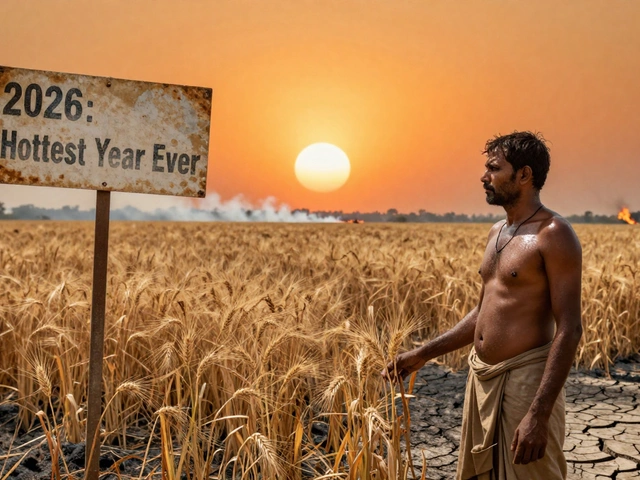Glucose: What It Is, How It Powers Your Body, and Why It Matters in Health and Science
When you eat carbs, your body breaks them down into glucose, a simple sugar that serves as the primary fuel for your cells. Also known as blood sugar, it’s not just a number on a lab report—it’s what keeps your brain thinking, your muscles moving, and your organs running. Without glucose, your body can’t function. But too much—or too little—can cause serious problems. That’s why scientists and doctors track it so closely, especially in conditions like diabetes, a metabolic disorder where the body can’t properly regulate glucose levels.
Glucose doesn’t work alone. It’s part of a bigger system called metabolism, the collection of chemical processes that turn food into energy. When you eat a slice of bread, enzymes in your gut break it into glucose molecules. These enter your bloodstream, and insulin—a hormone produced by your pancreas—tells your cells to take them in. If insulin doesn’t work right, glucose stays in your blood. That’s type 2 diabetes. If your body doesn’t make insulin at all, that’s type 1. Both are tracked, studied, and treated using real-world data from public health programs, clinical trials, and biotech research.
Glucose is also central to biotechnology. Companies use it to grow cells in labs for vaccines, medicines, and even lab-grown meat. In healthcare research, measuring glucose levels helps evaluate how new drugs affect the body. Public health programs use glucose screening to catch diabetes early, especially in communities with limited access to doctors. Even in energy research, glucose plays a role—biofuels are made by fermenting plant sugars into ethanol, a process that starts with breaking down glucose.
So when you see a post about diabetes prevention, biotech breakthroughs, or public health interventions, glucose is often the hidden thread. It’s not just about sugar—it’s about how your body works, how medicine is made, and how science tries to fix what goes wrong. Below, you’ll find real stories and data from Indian researchers and health programs that show glucose in action—from lab benches to village clinics.





